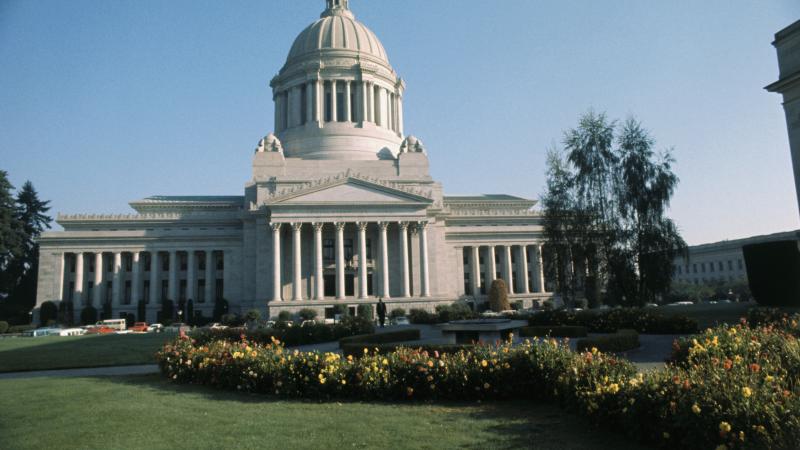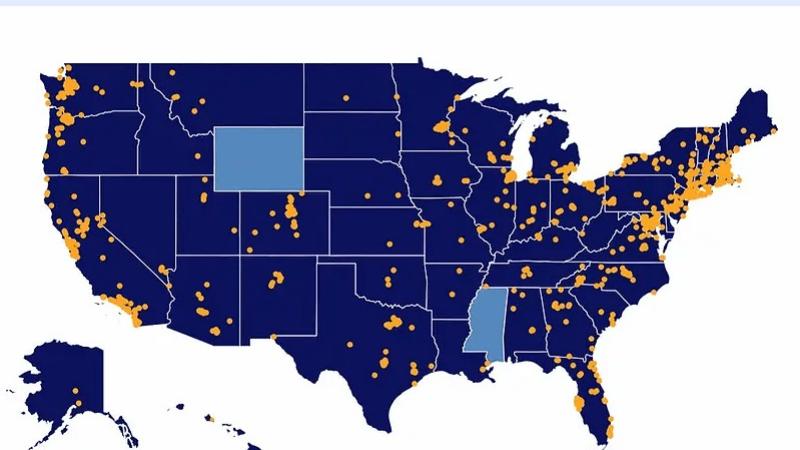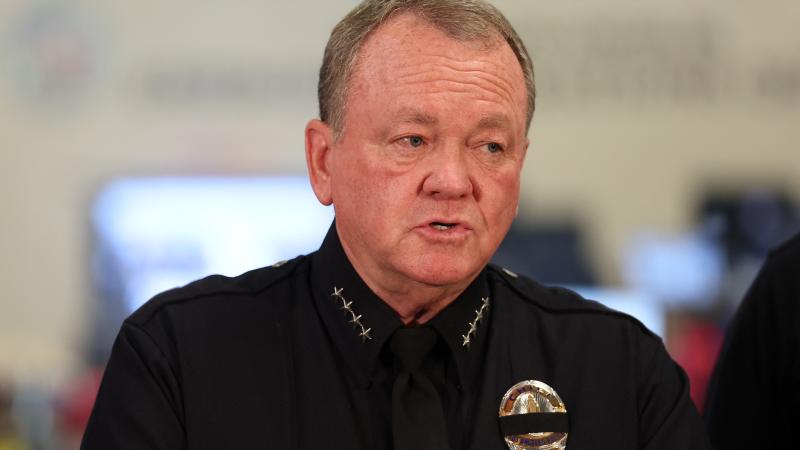CATO Freedom report: New Hampshire is the freest state, New York is the least free in U.S.
Think tank report ranks all 50 states according to how their public policies affect individual freedoms economically, socially and personally.
New Hampshire is the freest state in the U.S. compared to the rest of the country, while New York is the least free, according to the CATO Institute’s latest “Freedom in the 50 States” report.
The nonprofit think tank’s report provides an in-depth look into personal and economic freedoms on a state-by-state basis. It ranks all 50 states according to how their public policies affect individual freedoms economically, socially and personally, ranging from taxation to debt, from eminent domain laws to occupational licensing, and from drug policy to educational choice.
“Measuring freedom is important because freedom is valuable to people,” the report states, as “a means to their flourishing … and an end in itself. At the very least, it is valuable to those whose choices are restricted by public policy.”
“‘Freedom’ is a moral concept,” CATO argues, and its definition is grounded in individual liberties. “Individuals should not be forcibly prevented from ordering their lives, liberties, and property as they see fit, as long as they do not infringe on the rights of others.”
The overall freedom ranking assesses state policies related to fiscal, regulatory and personal categories within which are multiple criteria. According to its metrics, New Hampshire is overall the freest state in America.
Rounding out the 10 freest states are Florida, Nevada, Tennessee, South Dakota, Indiana, Michigan, Georgia, Arizona and Idaho.
New York leads in most categories in the 313-page report as one of the least free states. It’s the least free state overall, followed by Hawaii, California, New Jersey, Oregon, Maryland, Delaware, Vermont, New Mexico and Rhode Island.
When it comes to which state is the most fiscally free, Florida ranks first. In this category, states were assessed based on their policies related to taxation, government employment compared to private employment, spending compared to debt, and fiscal decentralization.
Rounding out the top ten freest states fiscally are Tennessee, New Hampshire, South Dakota, Pennsylvania, Georgia, Missouri, Massachusetts, Indiana, and Nevada.
The least fiscally free states are Hawaii, New York, New Mexico, Nebraska, Vermont, Mississippi, Delaware, Iowa, Oregon, and California.
When it comes to regulatory policy, CATO assessed states’ liability system, property rights, health insurance, and labor market policies. In this category, Kansas is the freest state, followed by Nebraska, Iowa, Idaho, Wyoming, South Dakota, Georgia, Utah, Wisconsin and Indiana in the top ten.
The analysis notes, “As with fiscal policy, states that rank highest on regulatory policy are mostly conservative, but they tilt toward mid- western more than southern. In general, these are ‘good-government’ states.”
The least free states with the most government regulations, are California, New Jersey, New York, Maryland, Oregon, Hawaii, Vermont, Rhode Island, Massachusetts and Washington.
When it comes to personal freedom, which CATO defines according to a range of categories such victimless crimes, guns, tobacco, and education, Nevada is the freest state. New Hampshire isn’t far behind, followed by Maine, Vermont, New Mexico, Arizona, Colorado, Michigan, Oregon and Alaska in the top ten.
The least personally free states are again New York followed by Texas, New Jersey, Delaware, Hawaii, Kentucky, Arkansas, Connecticut, Idaho, and Wyoming.













